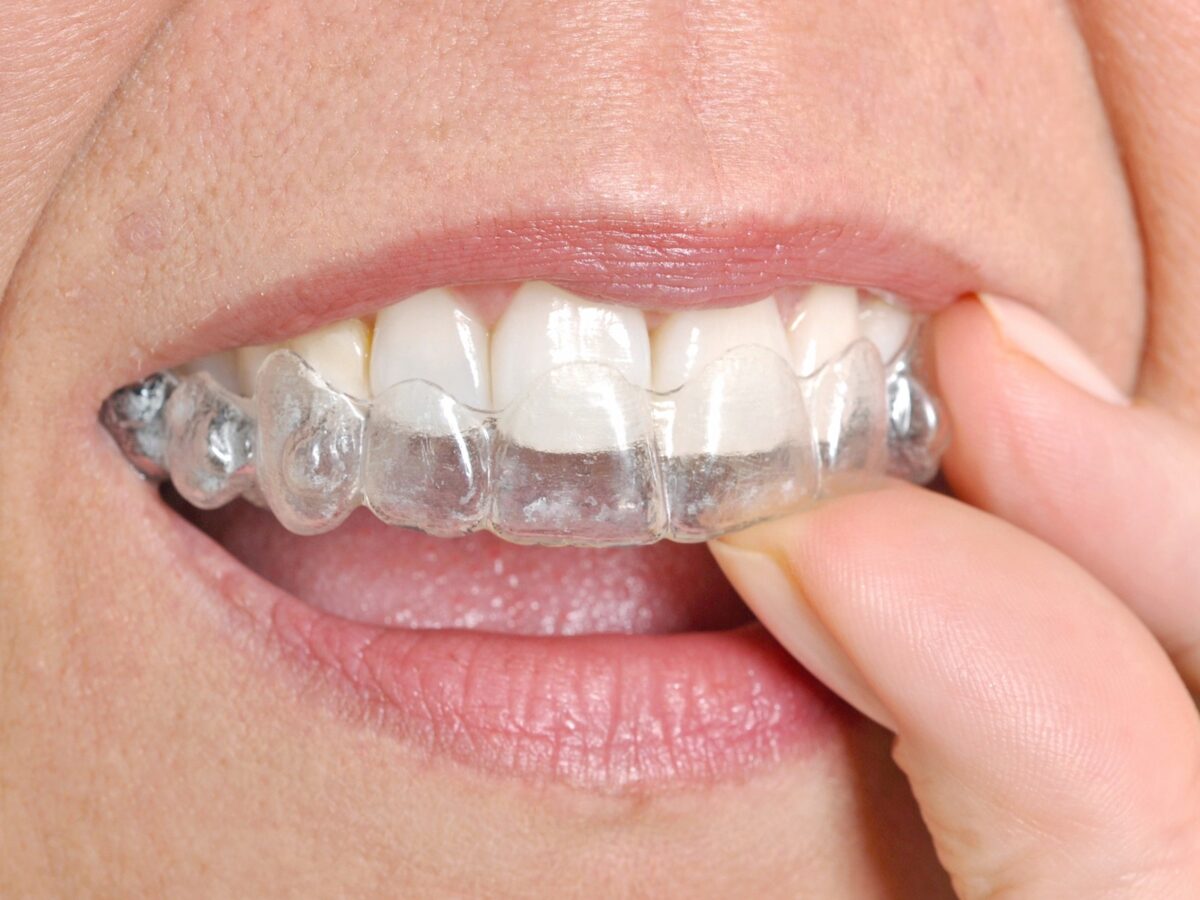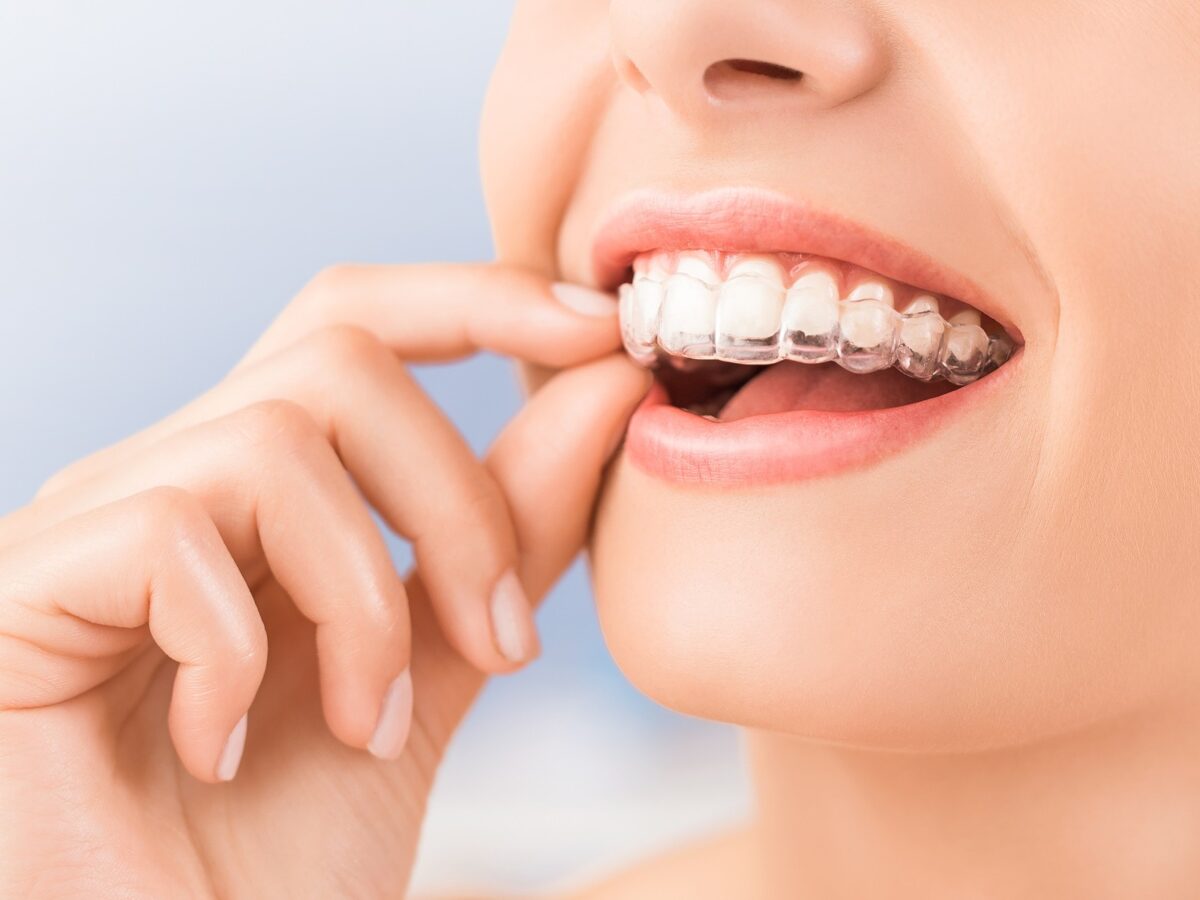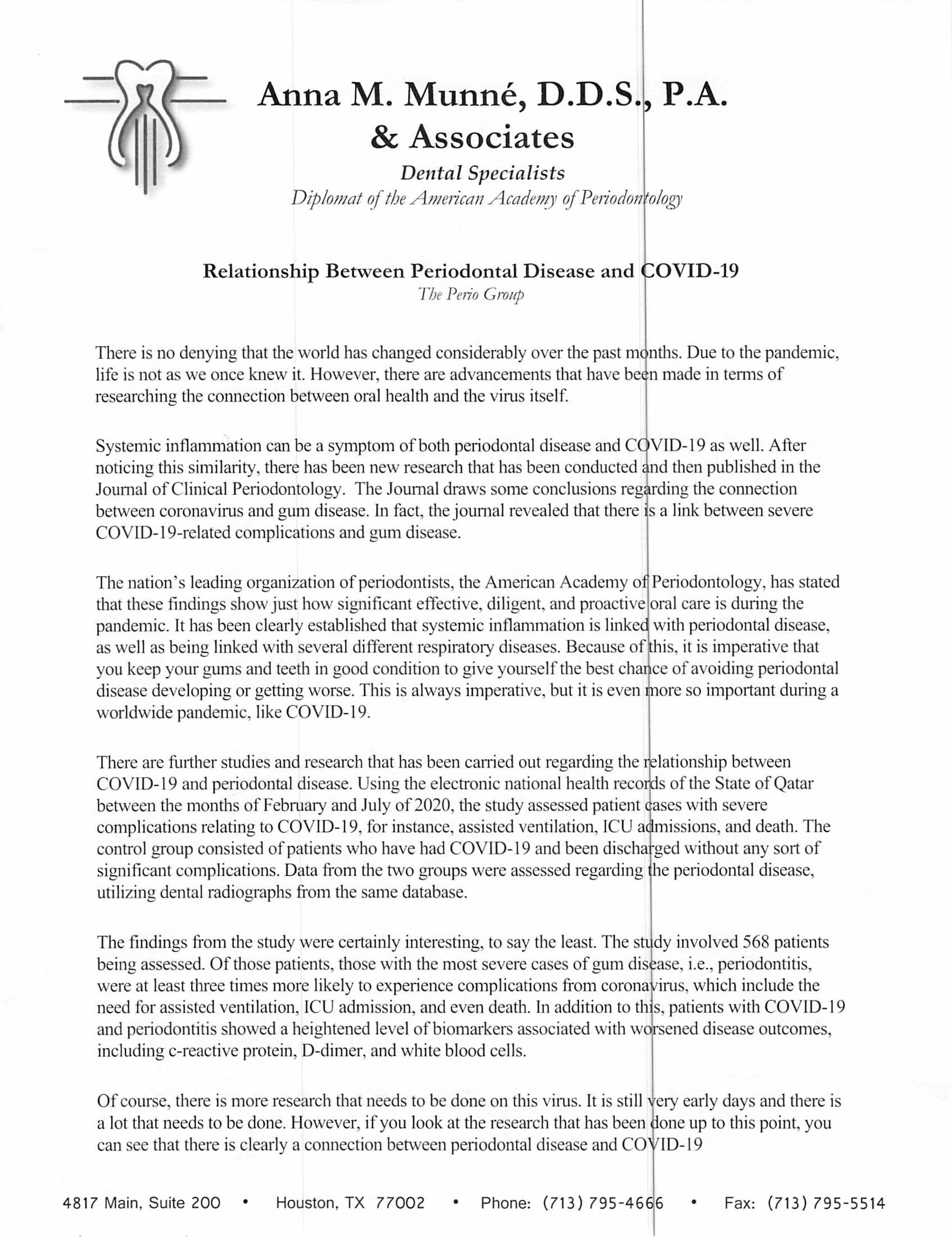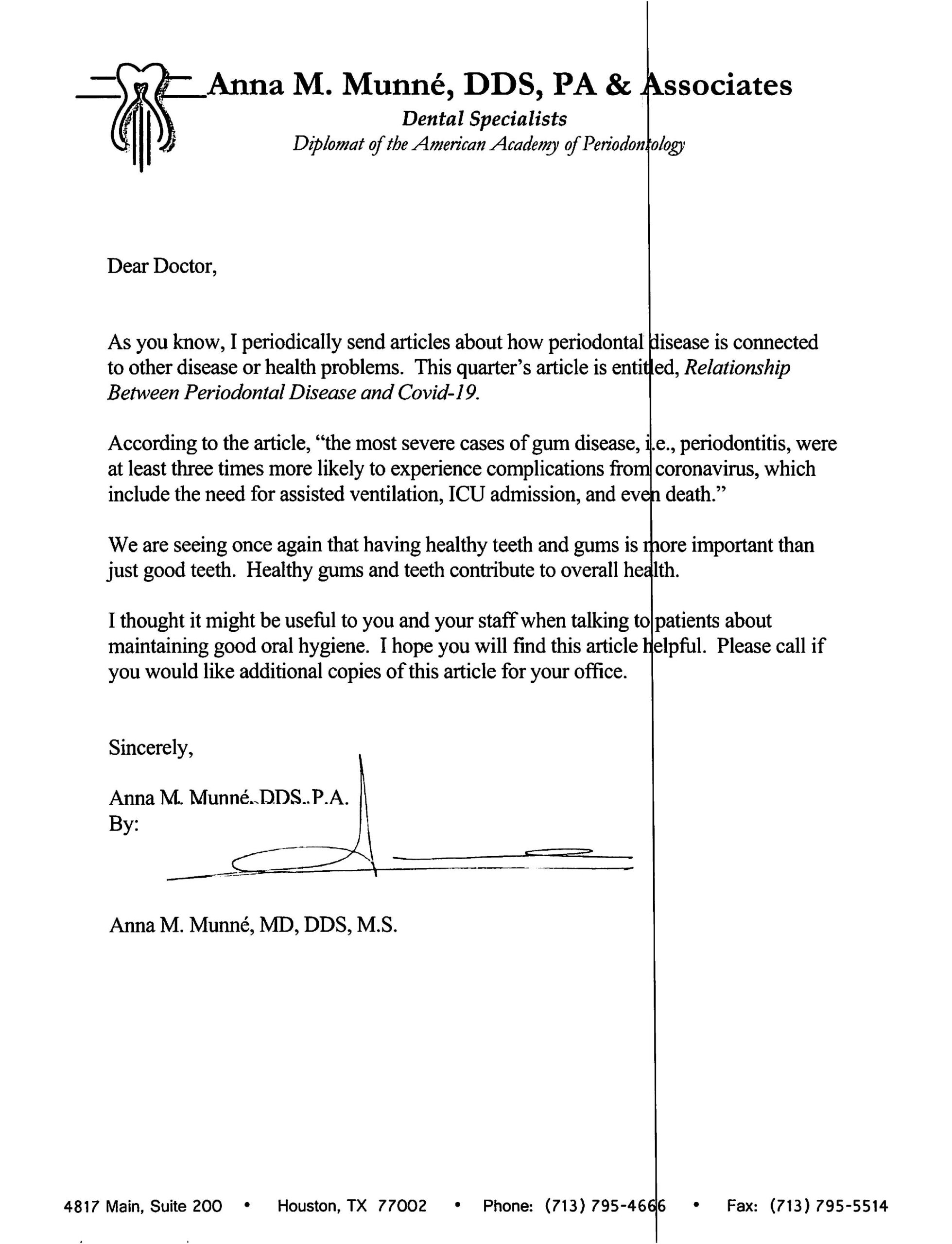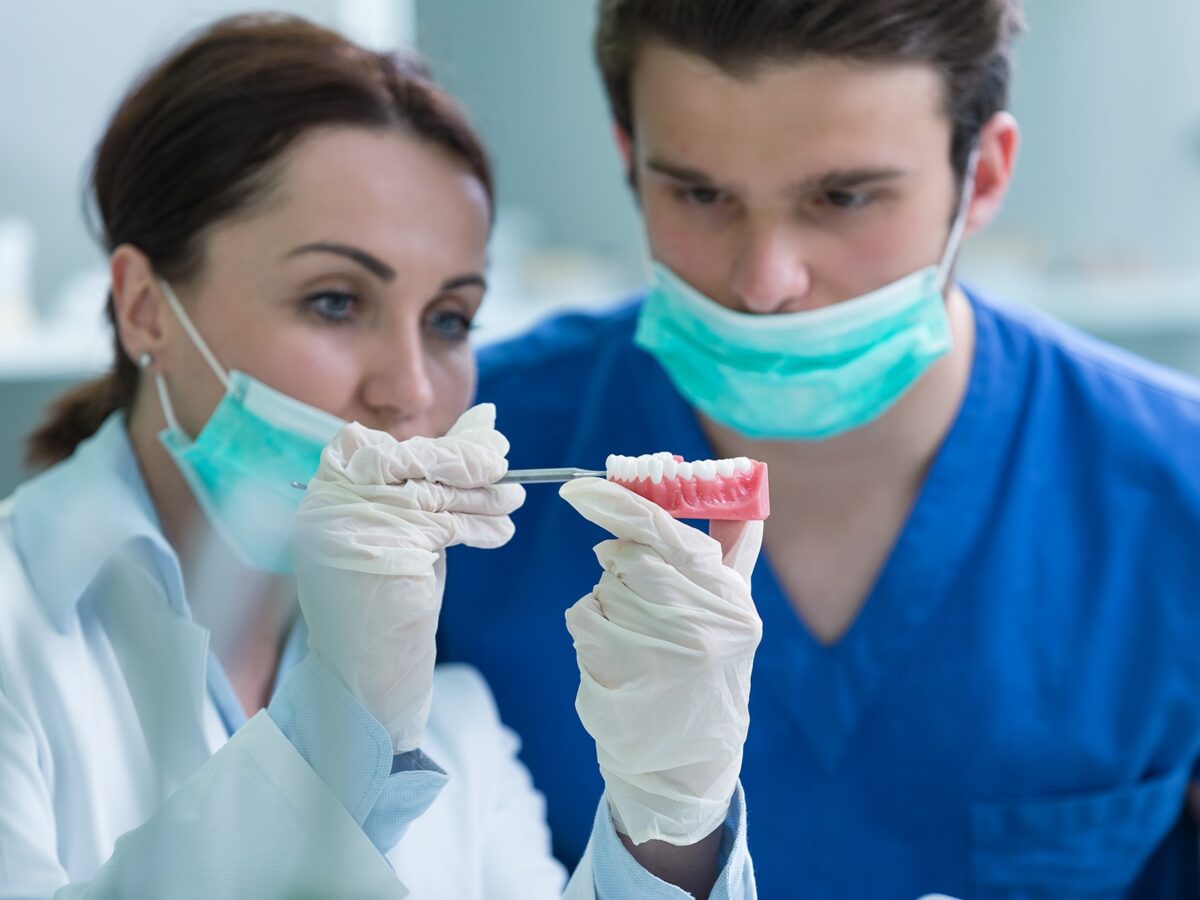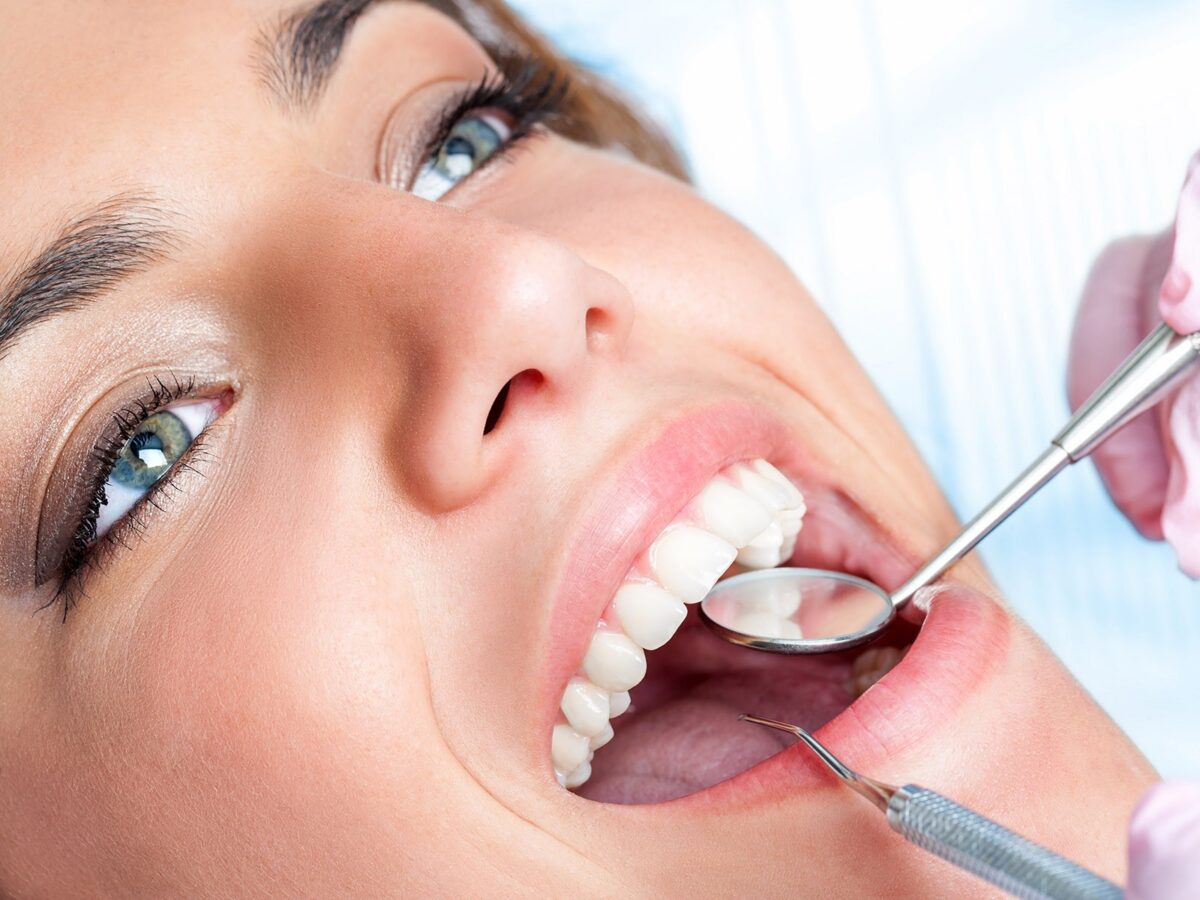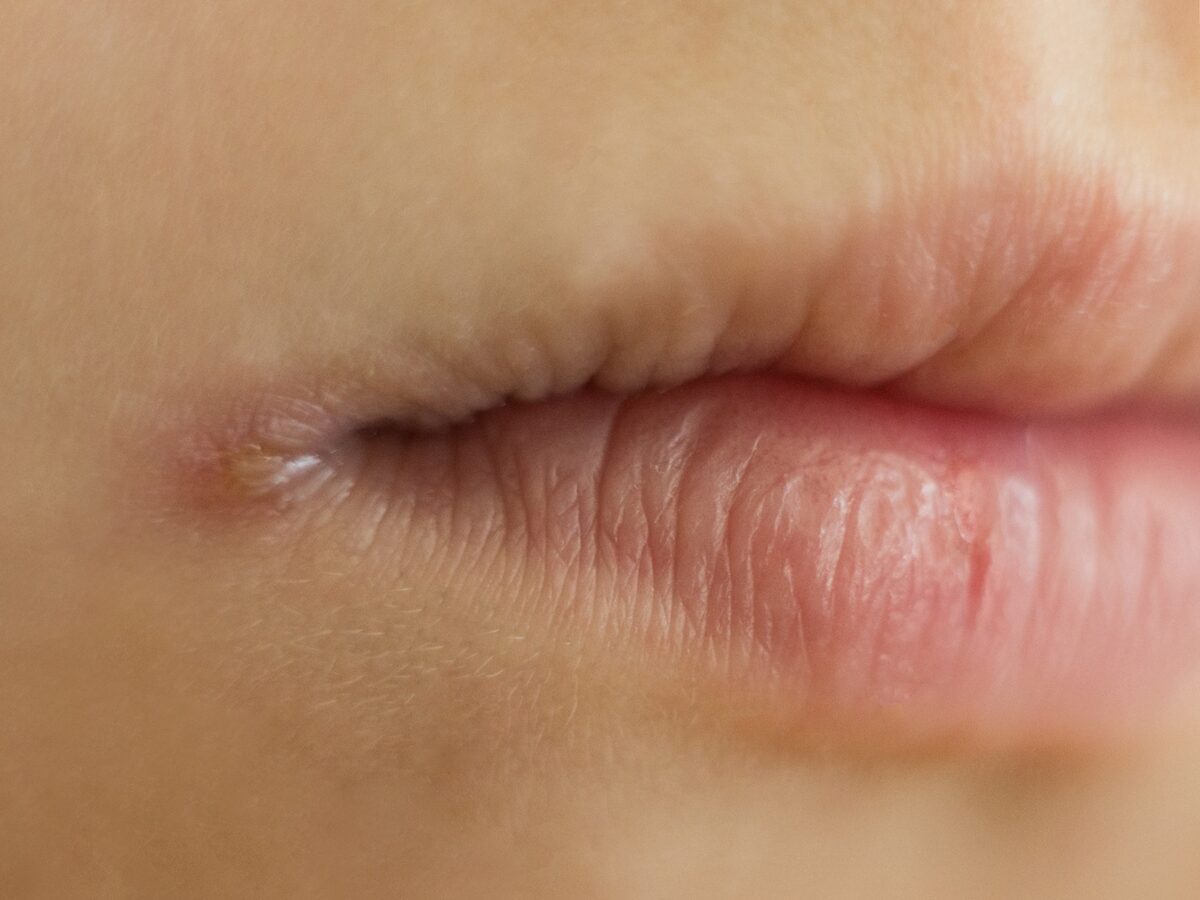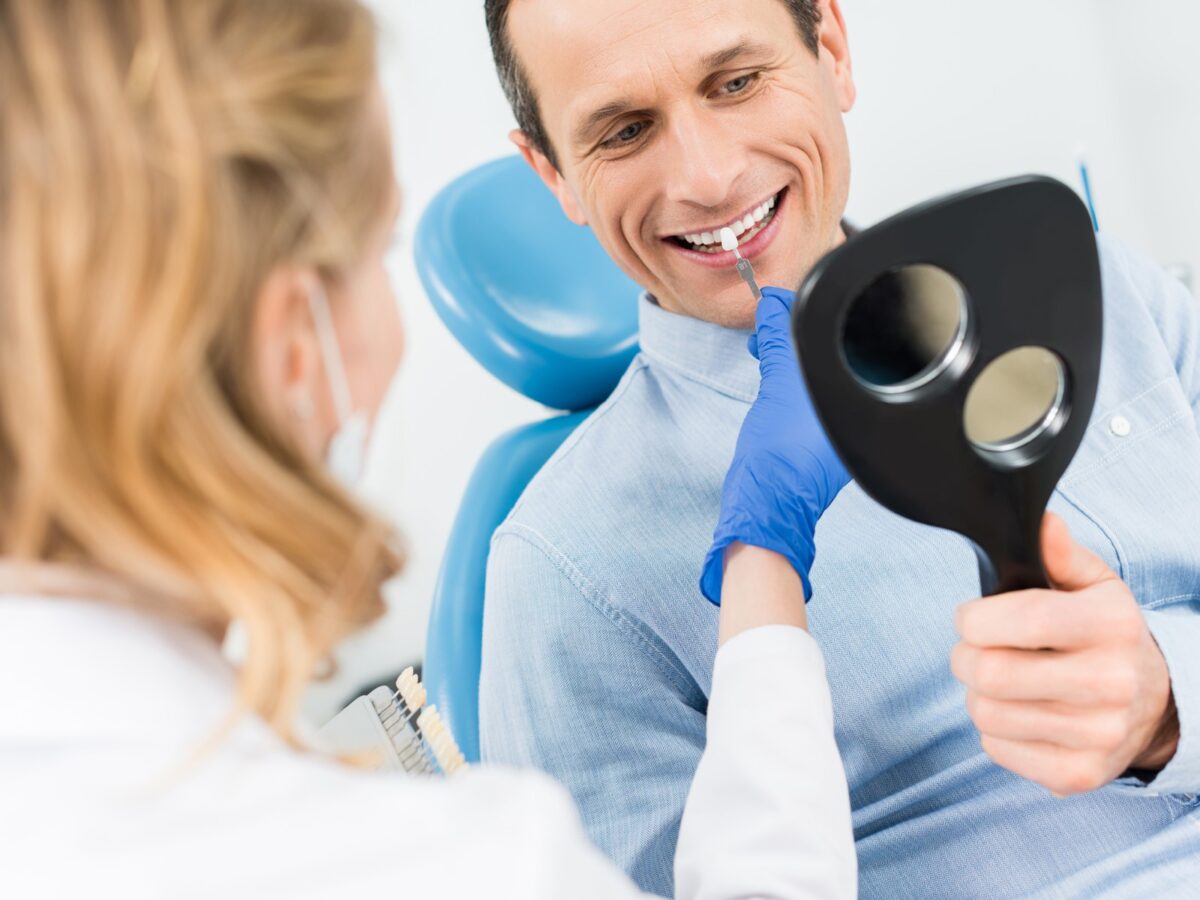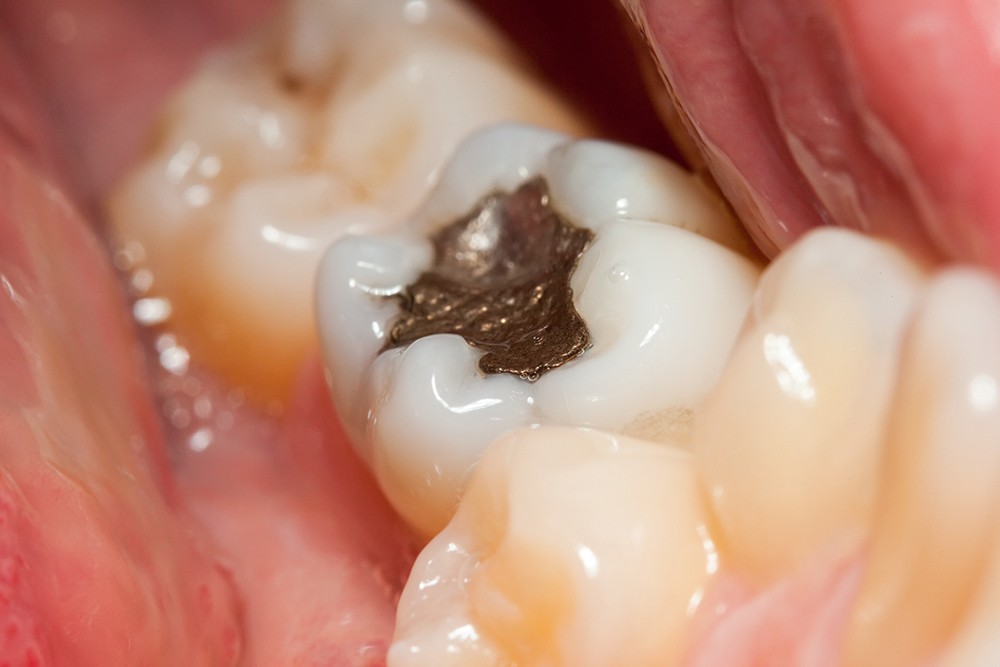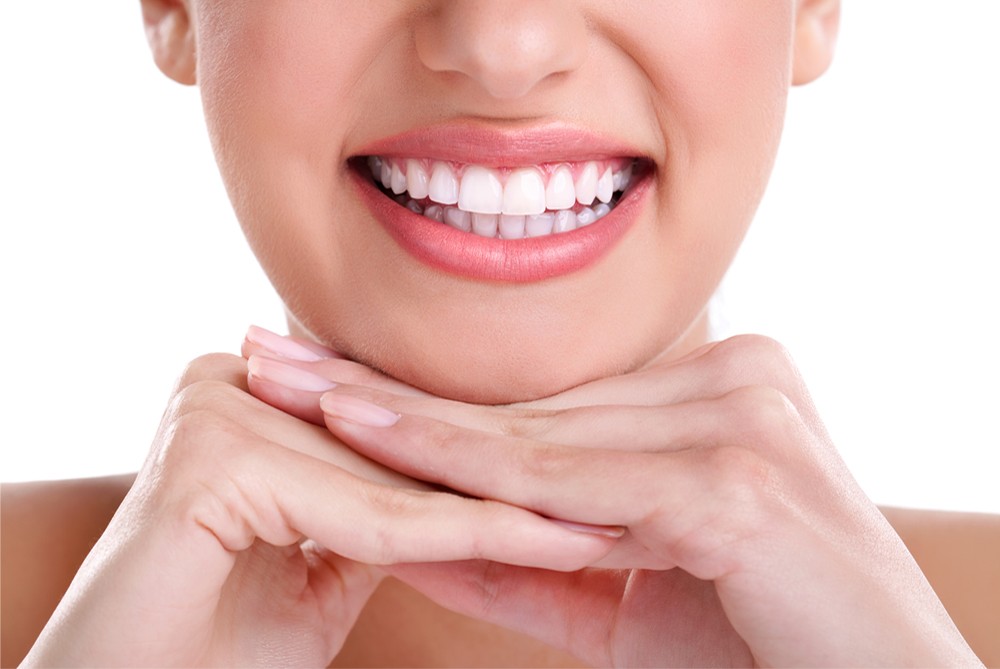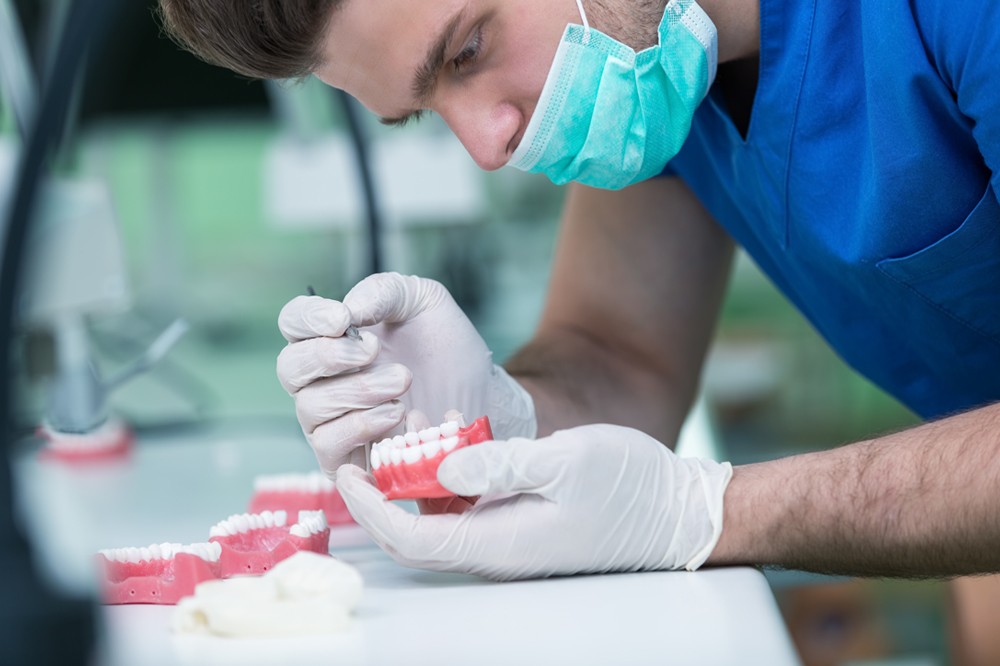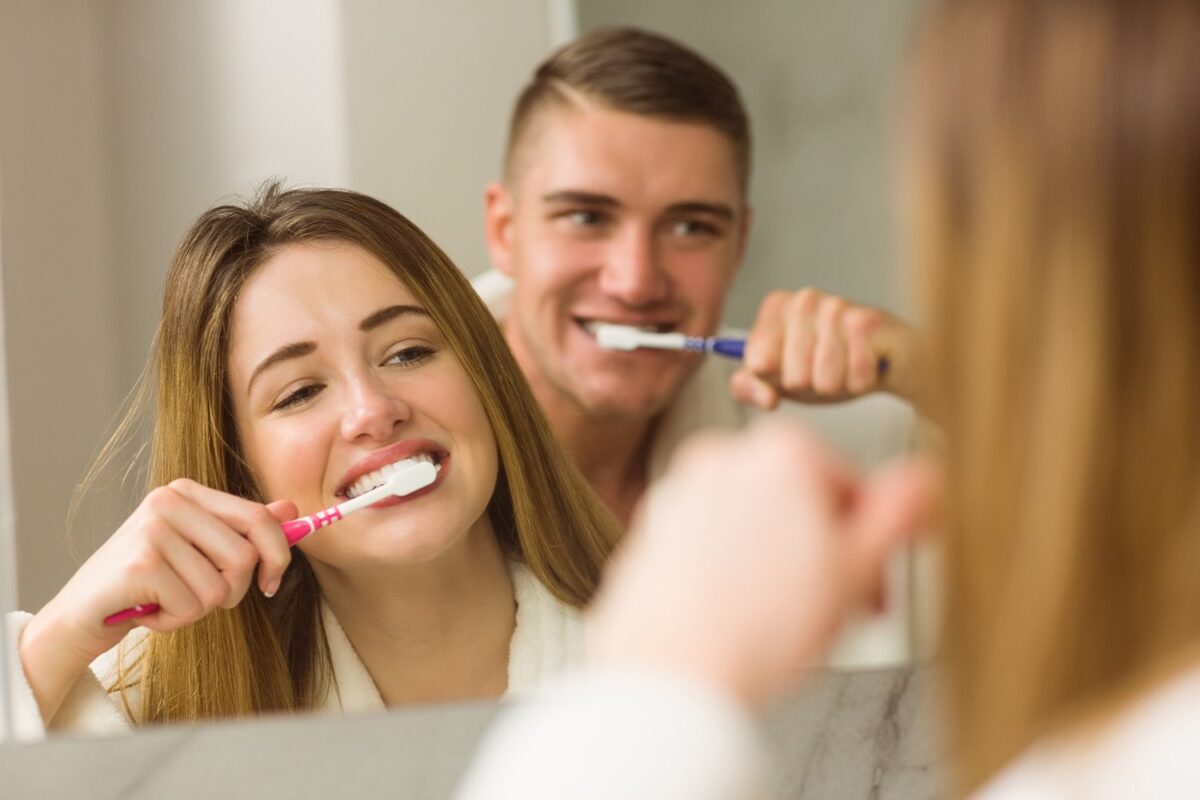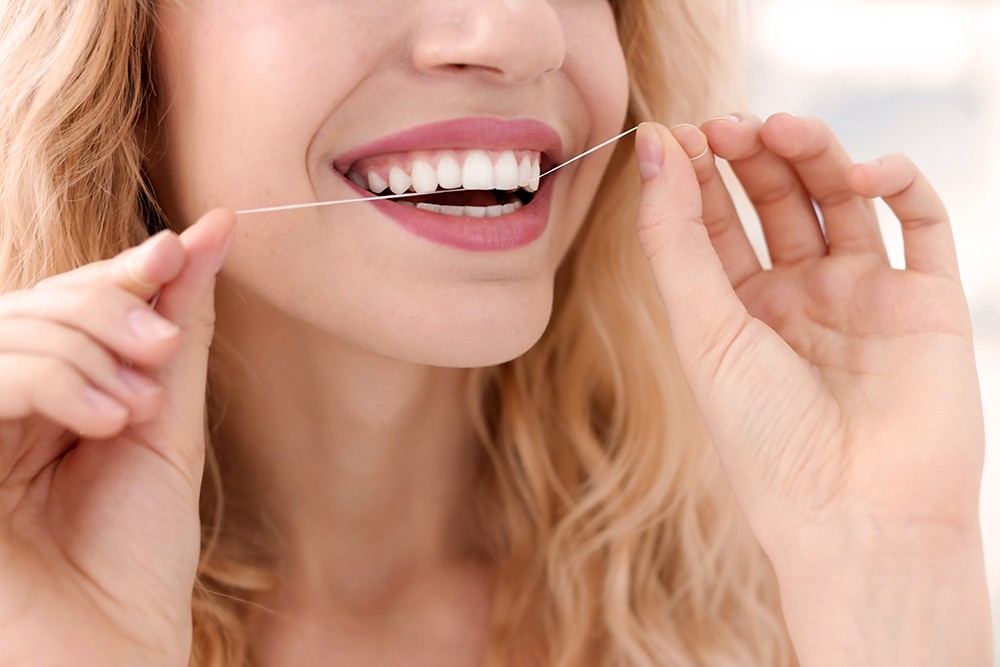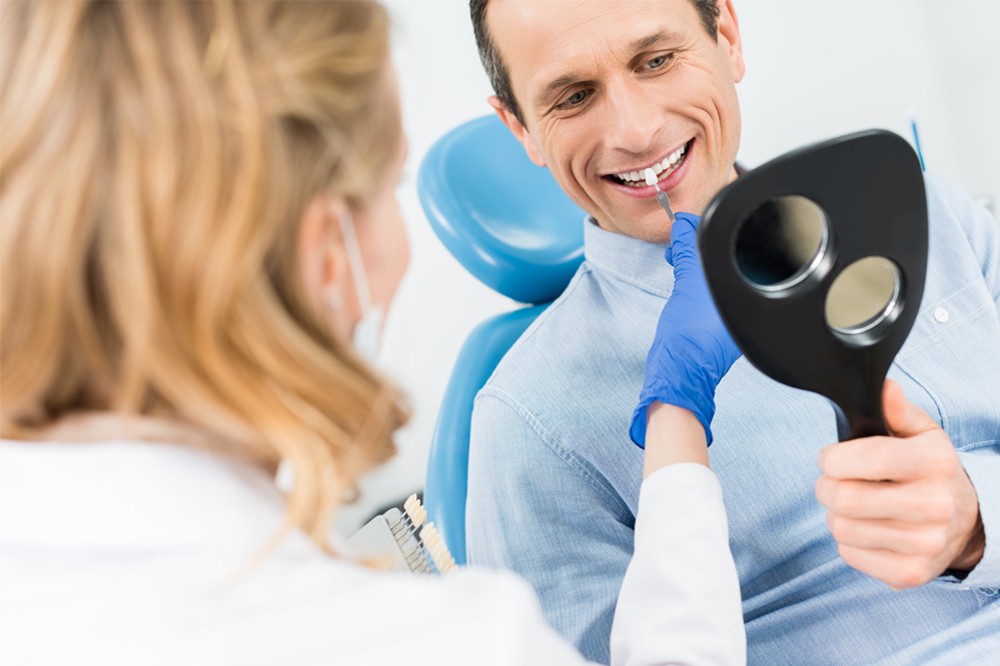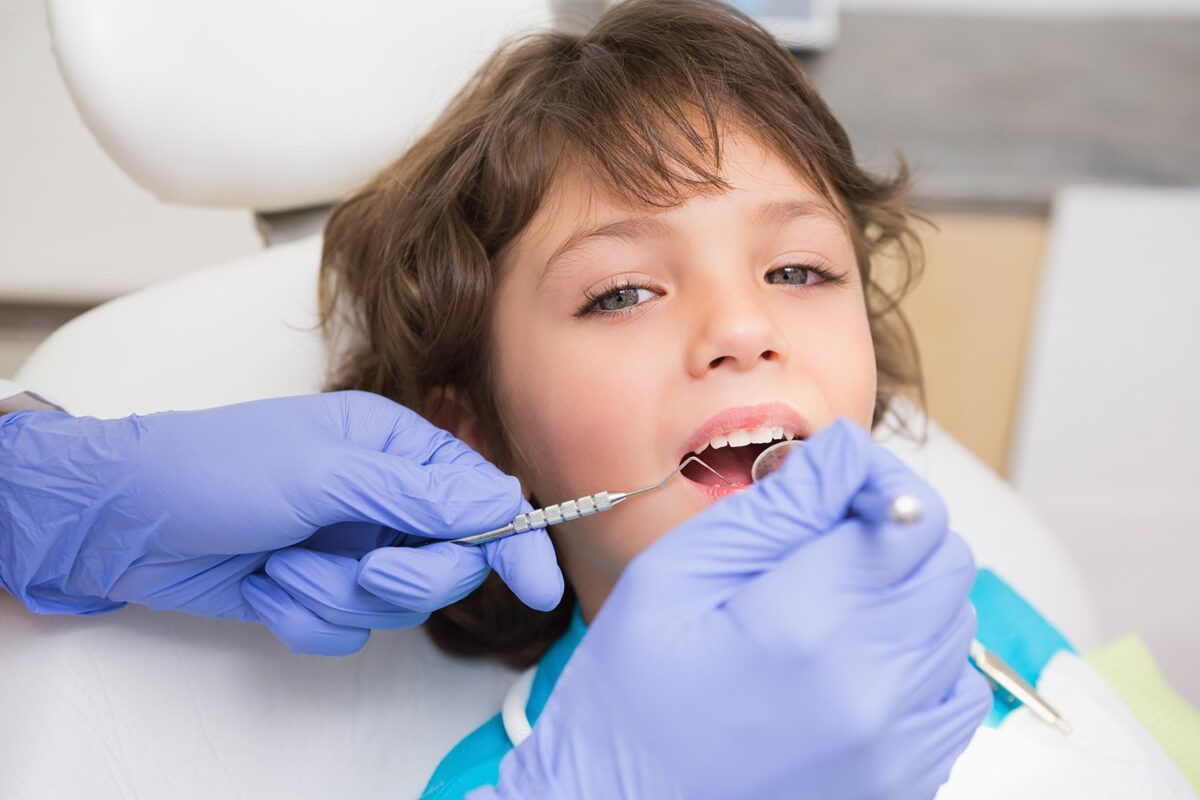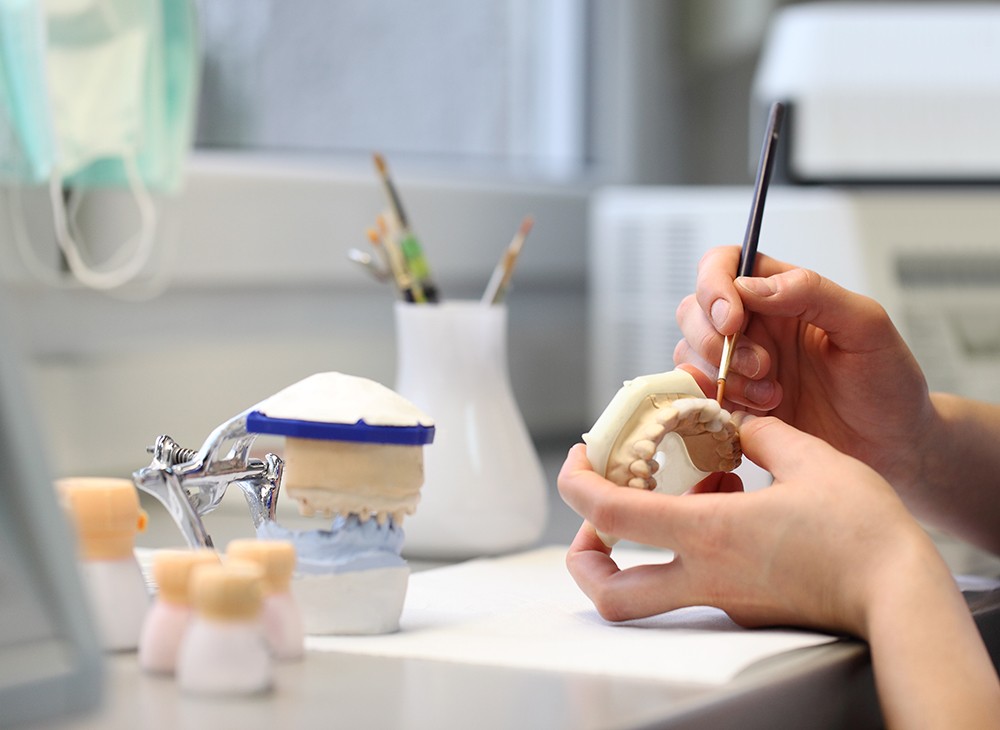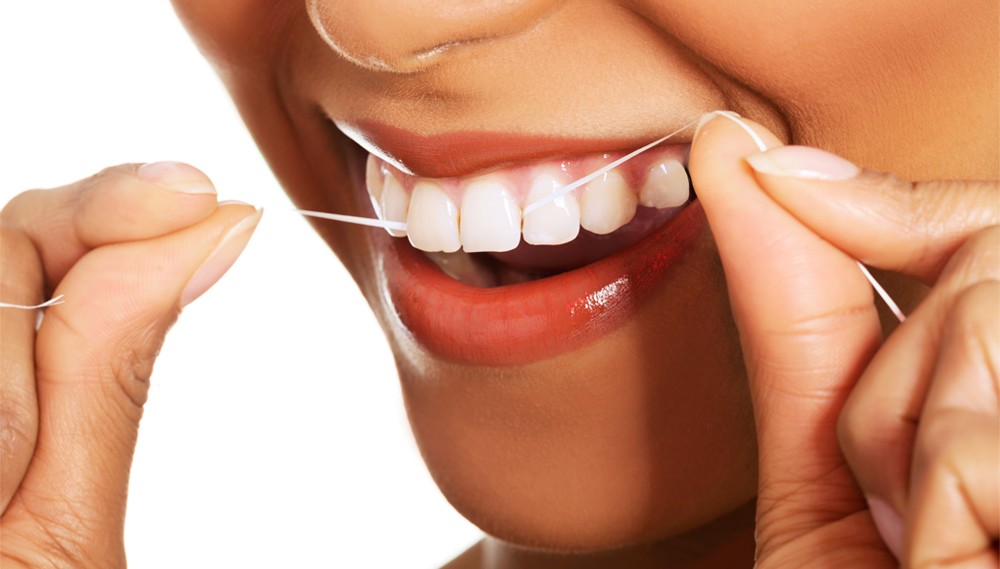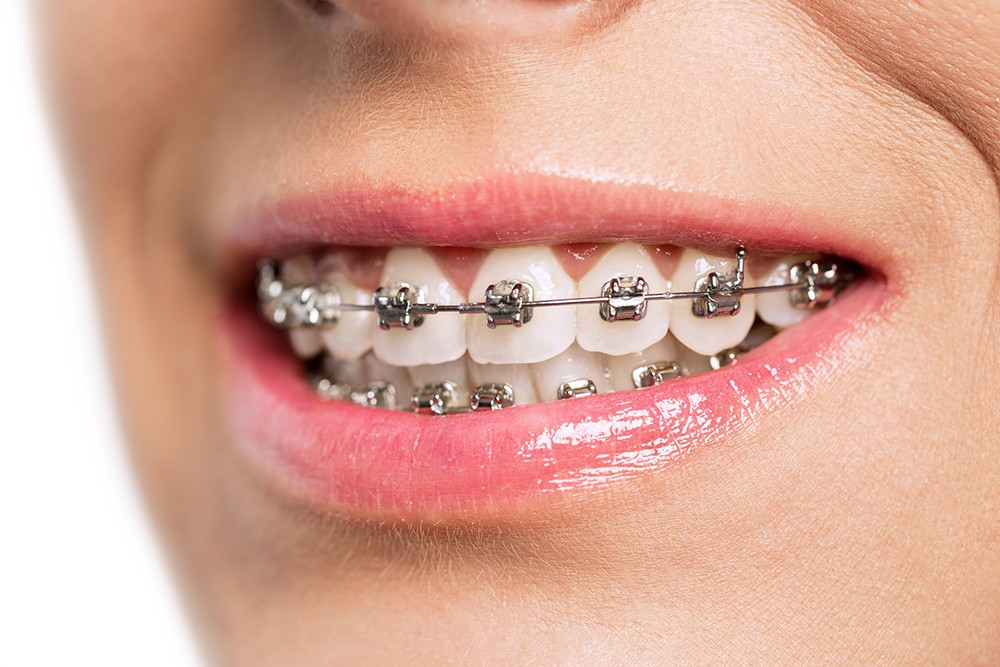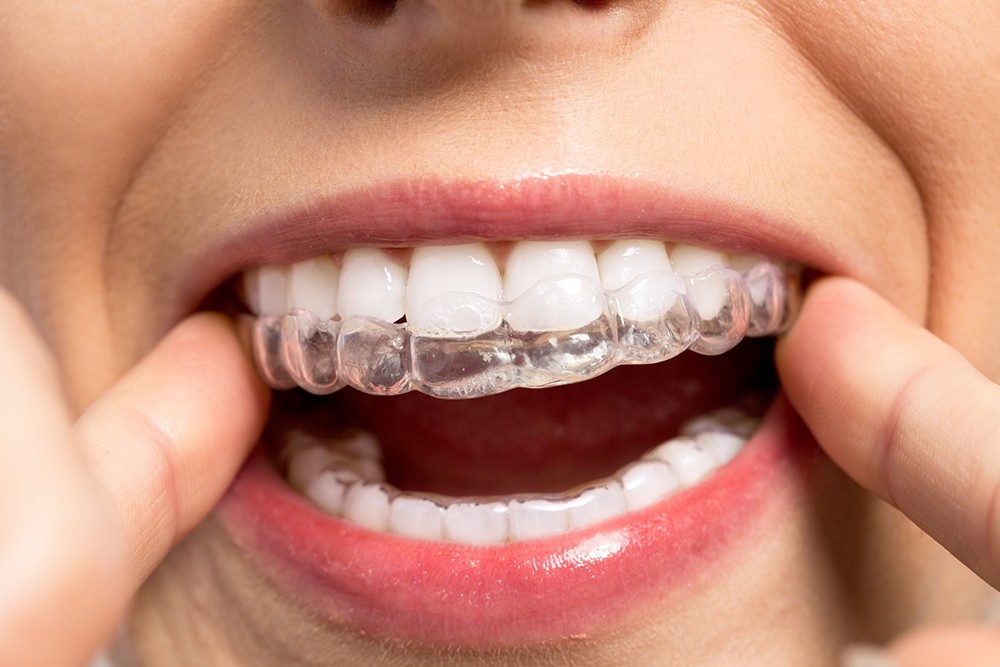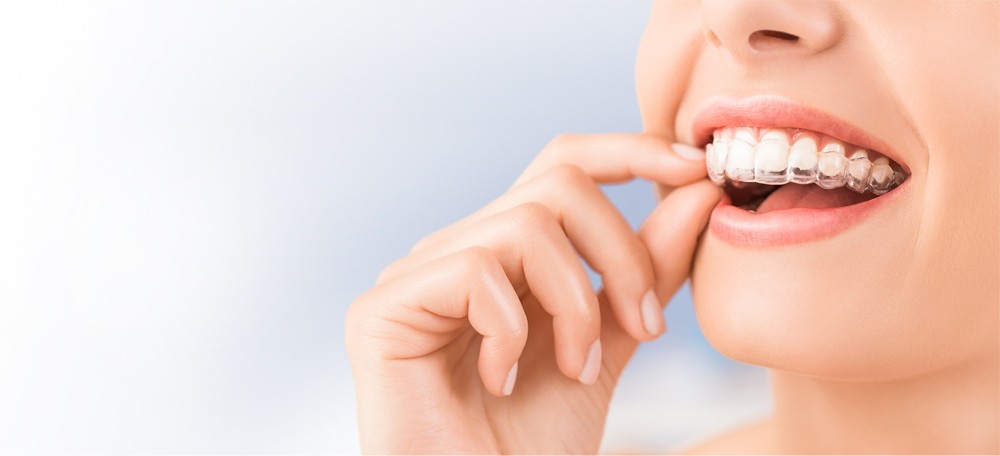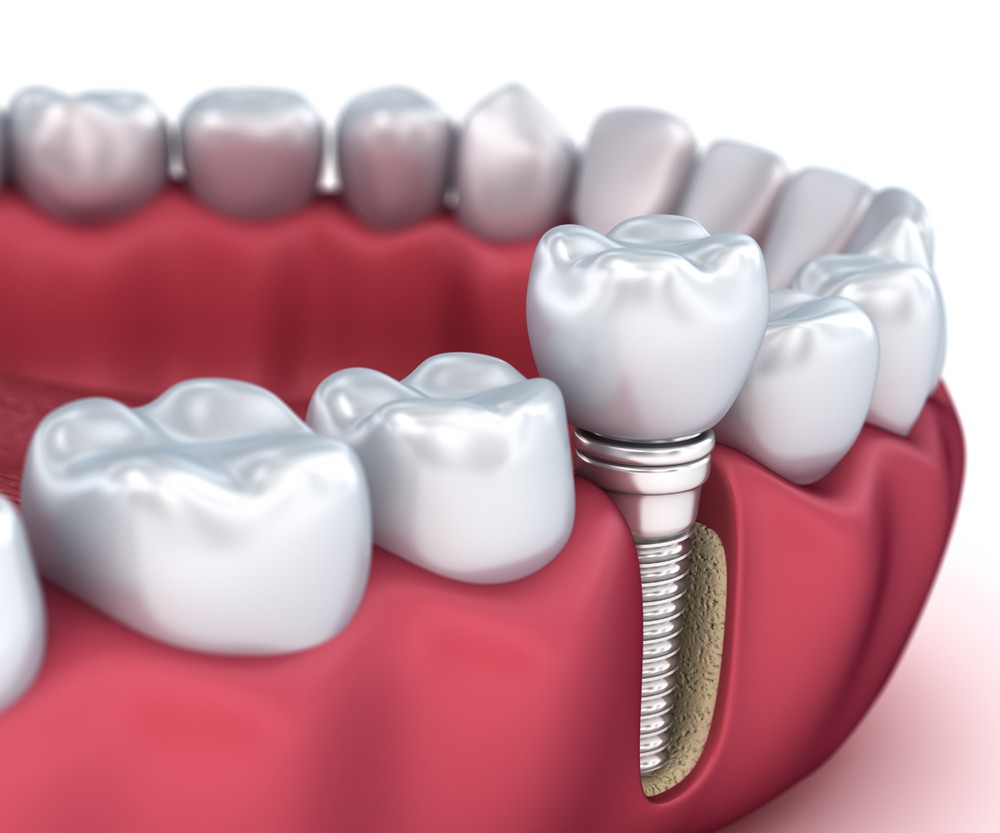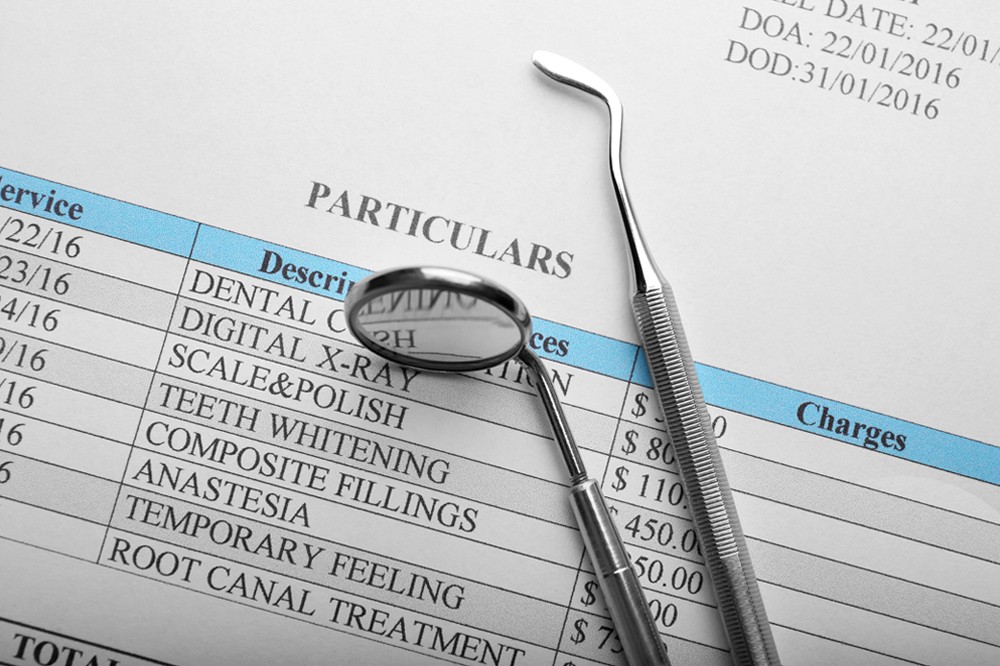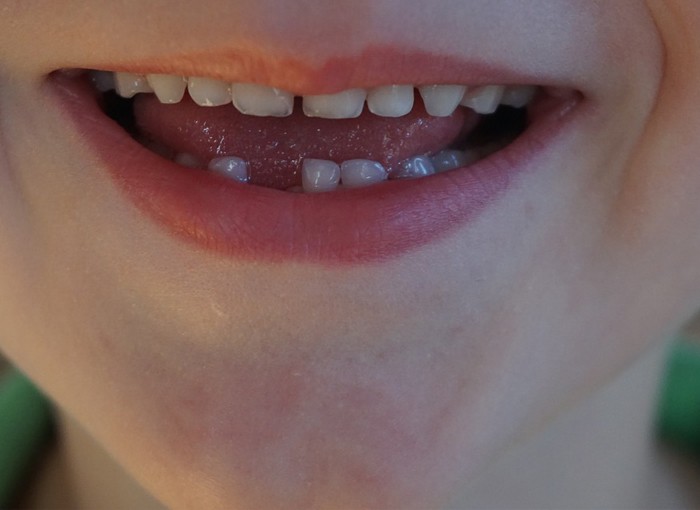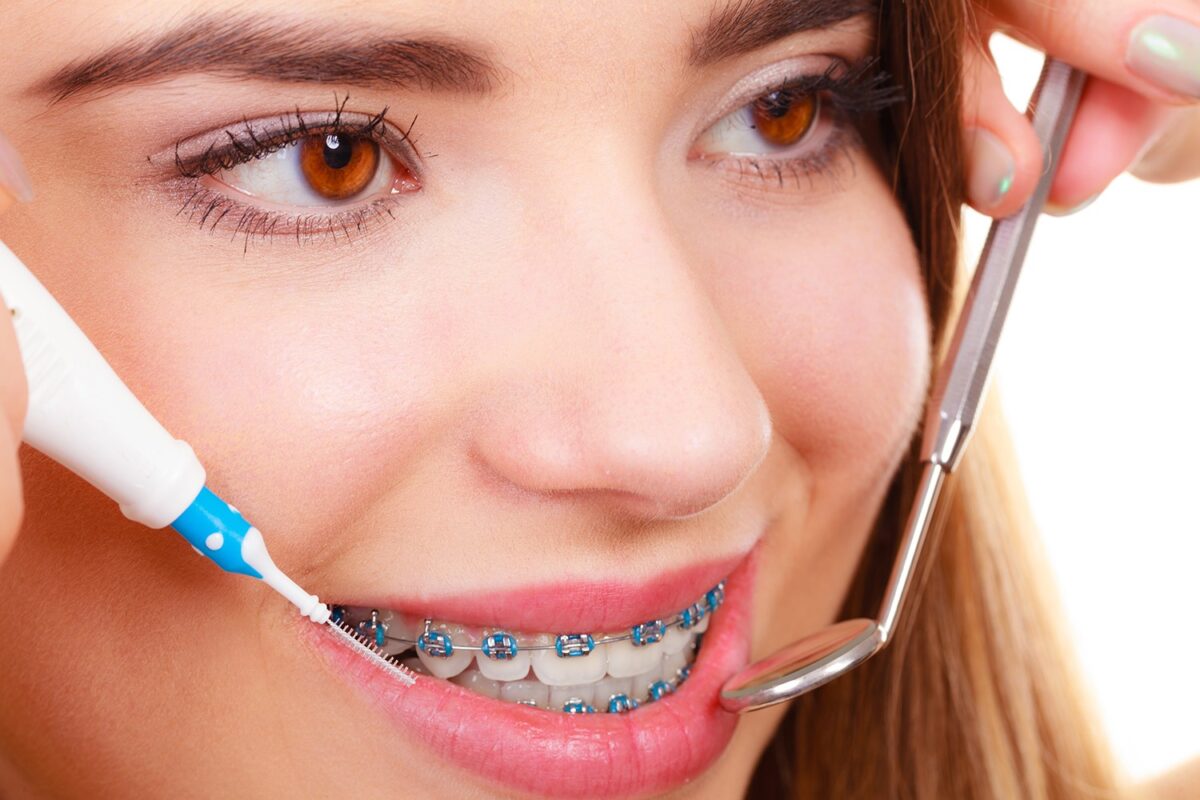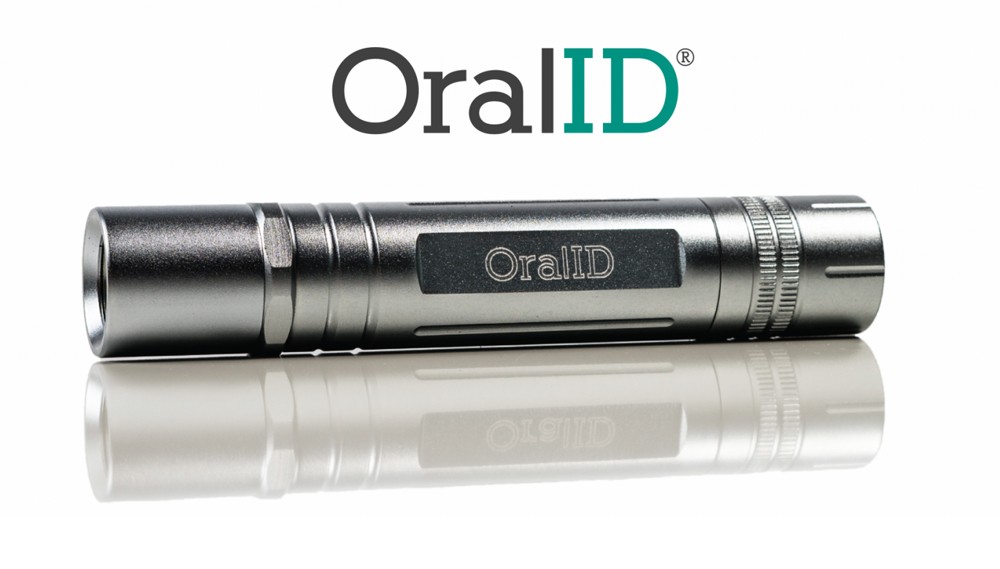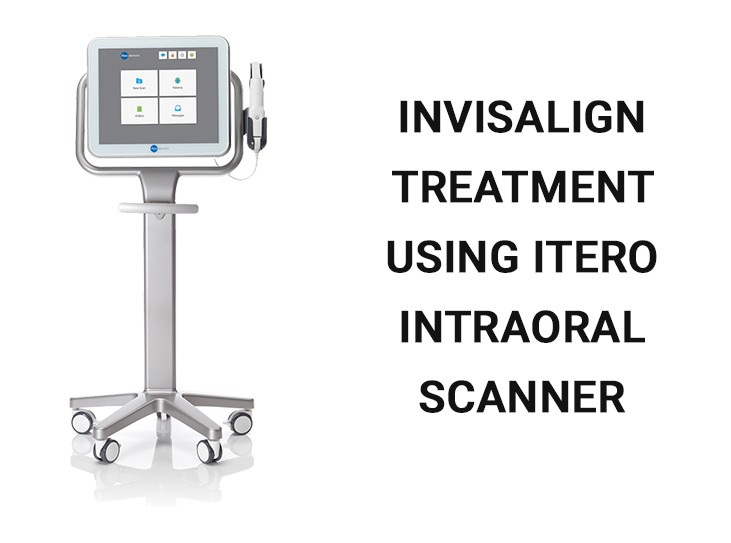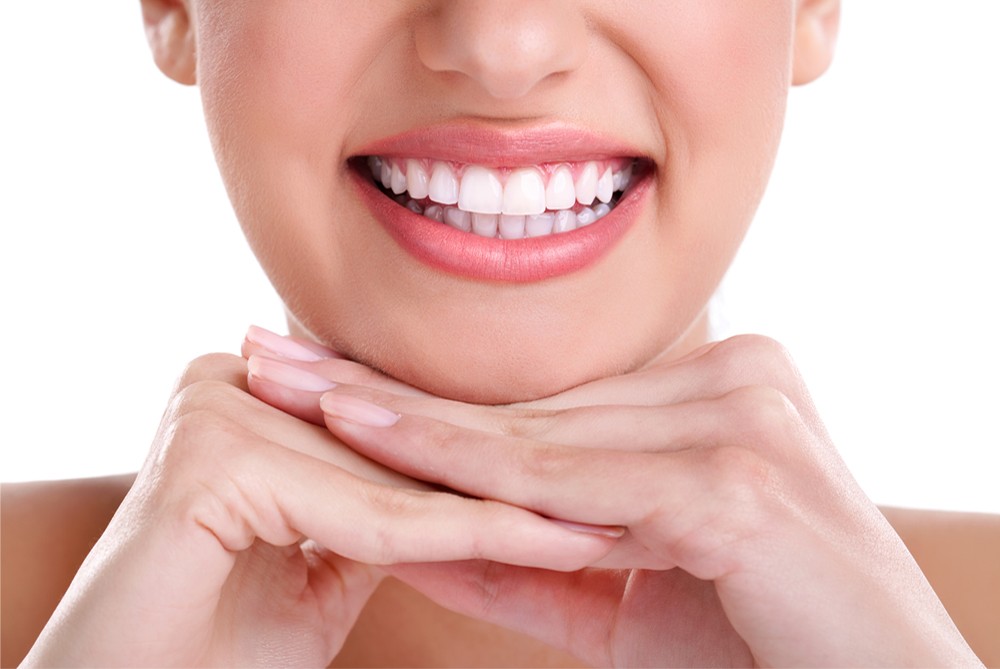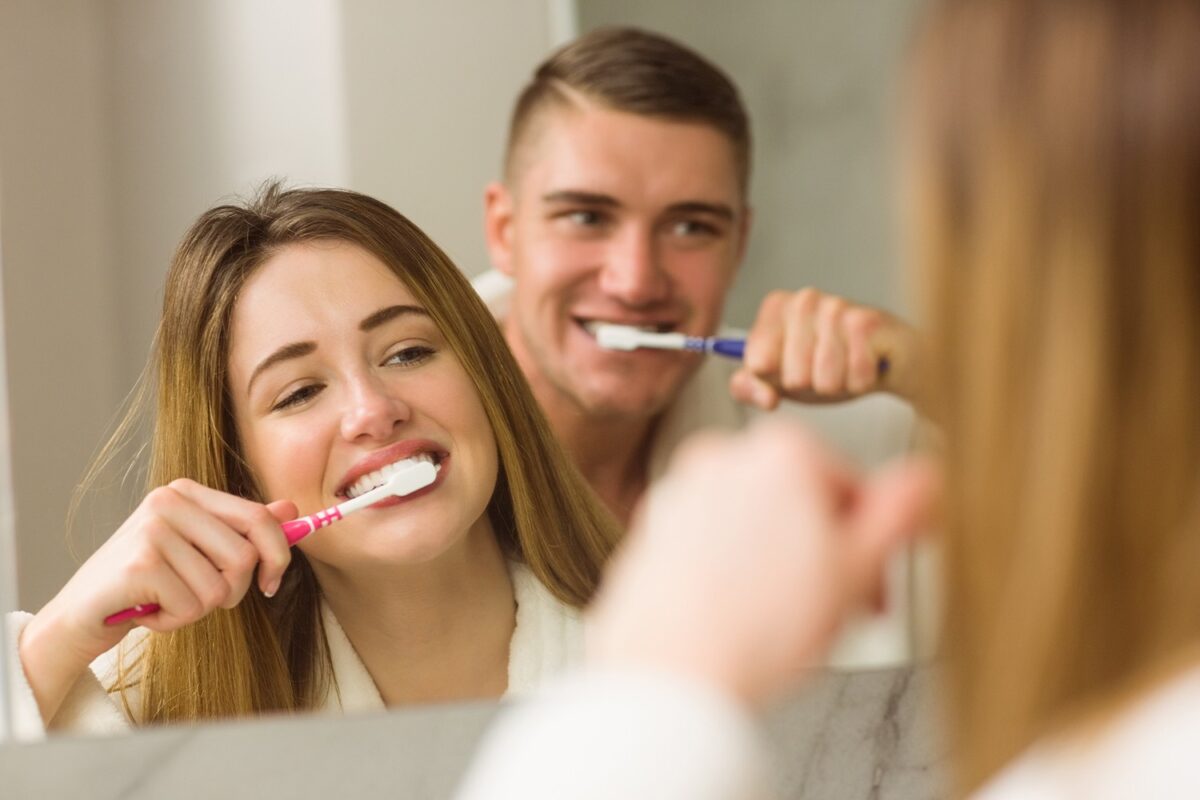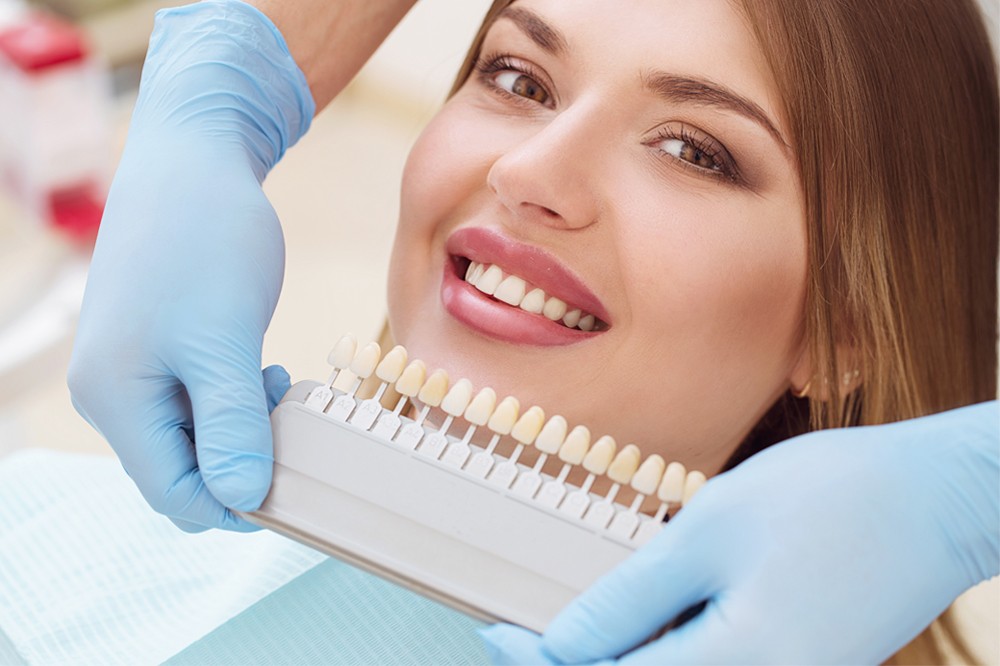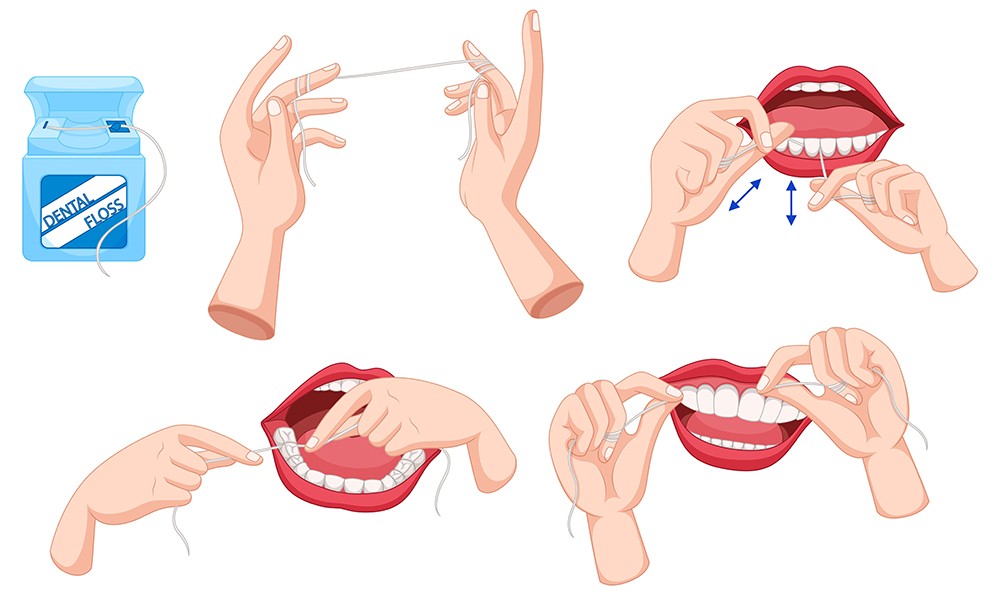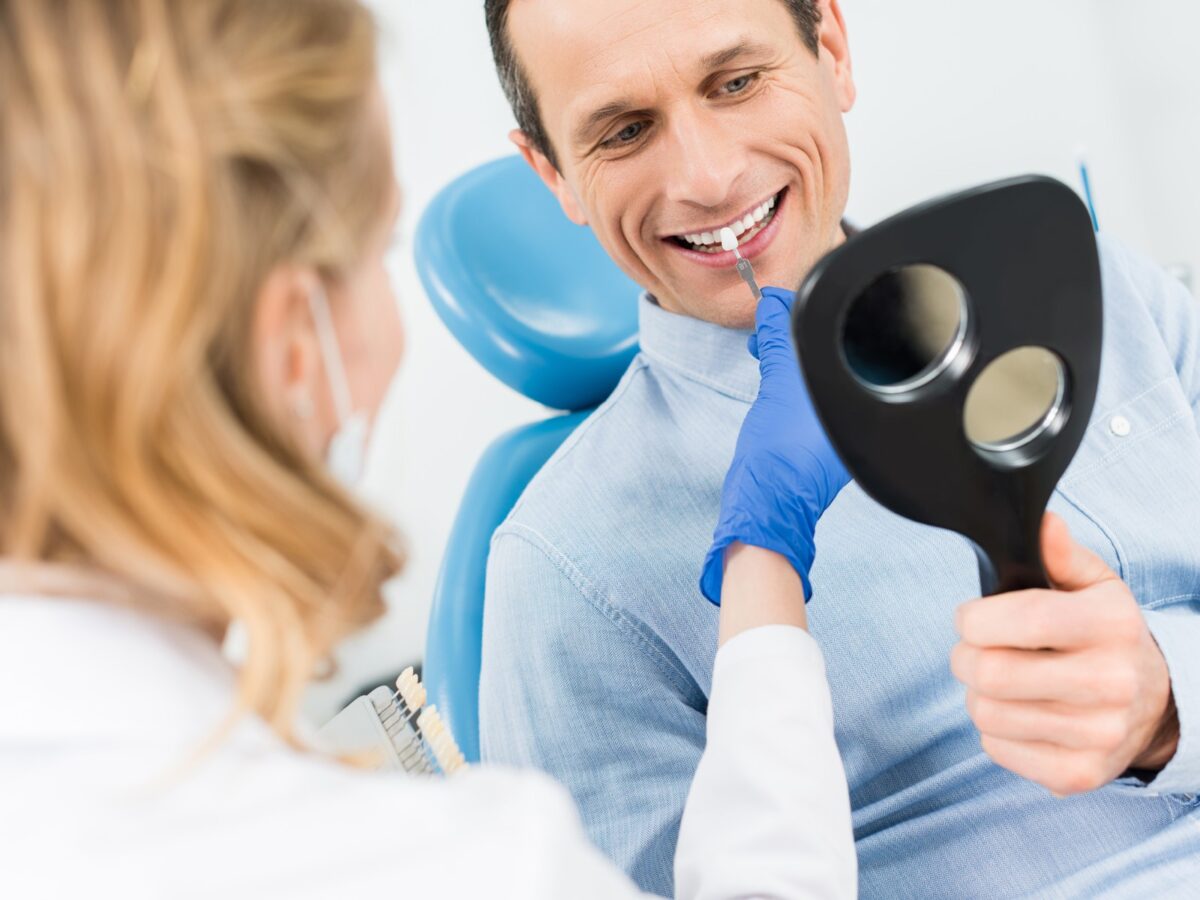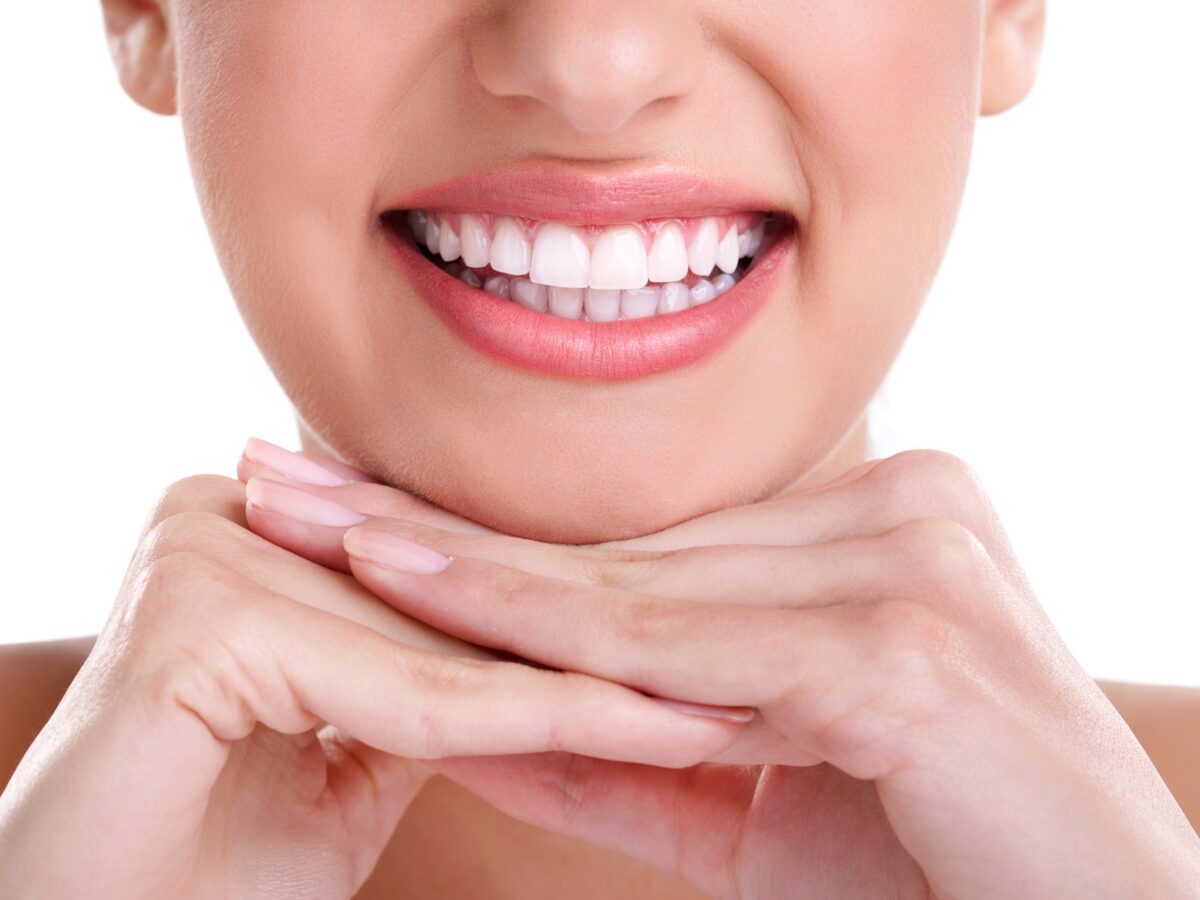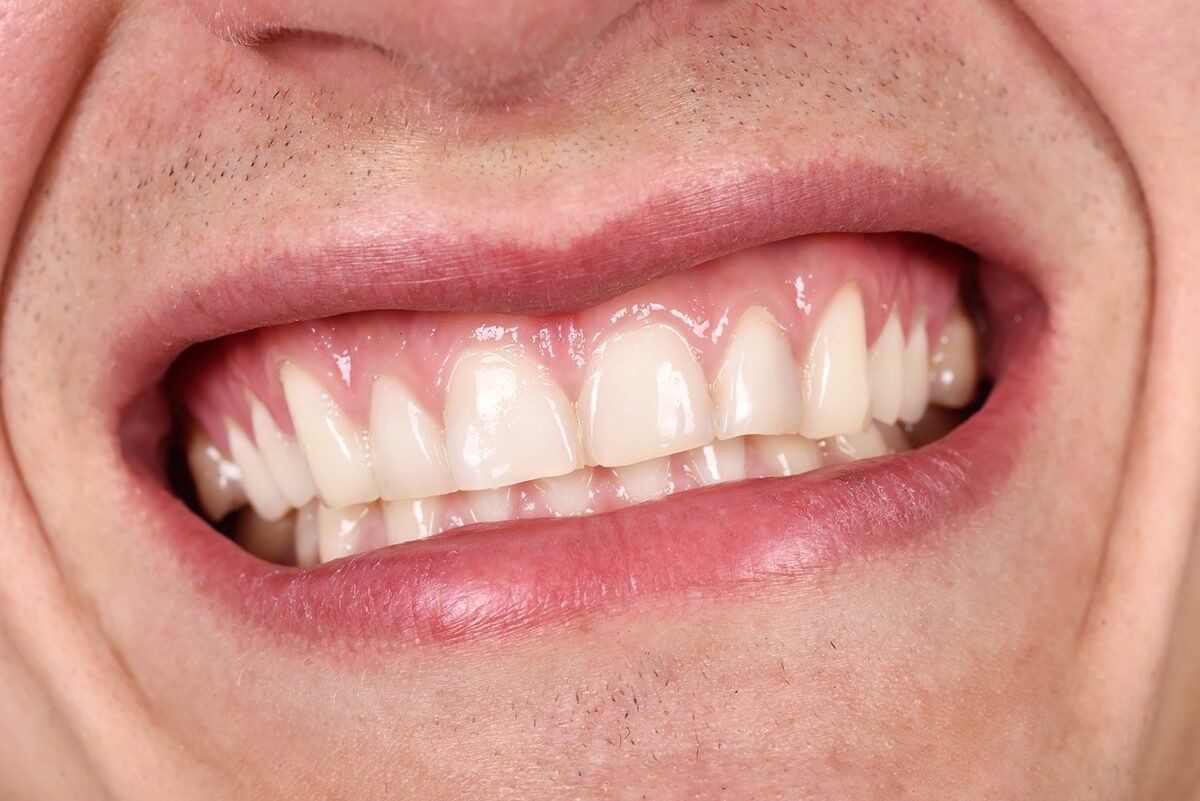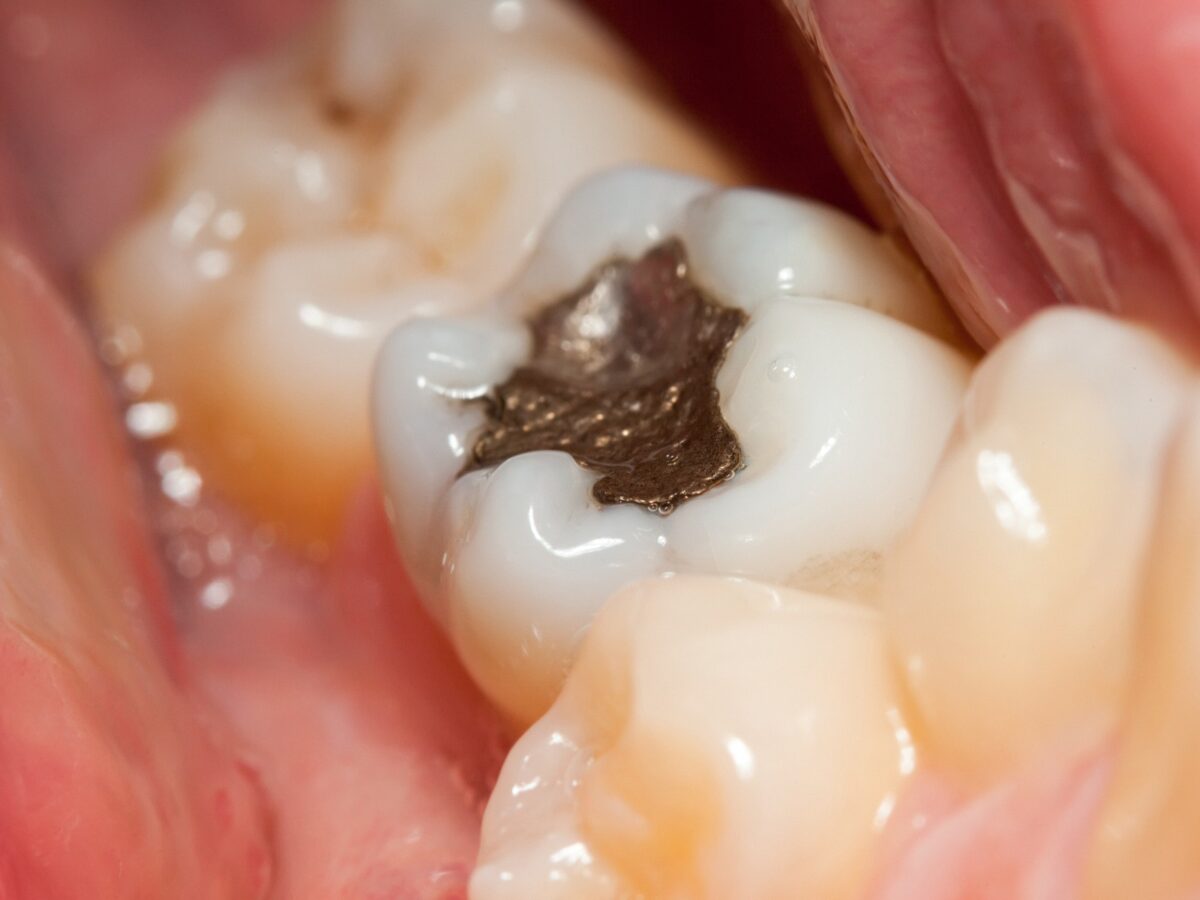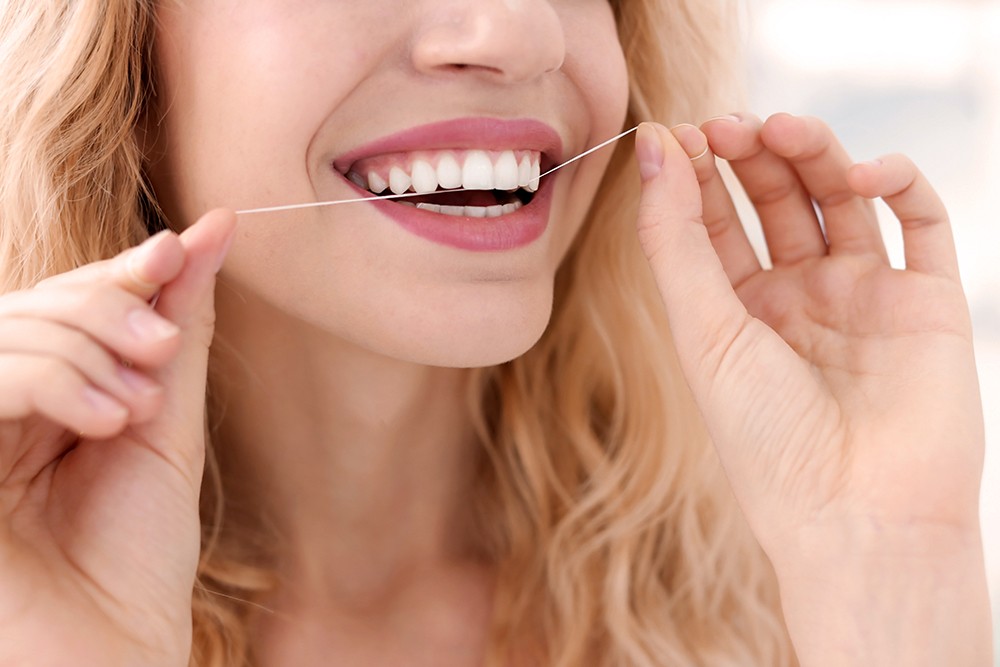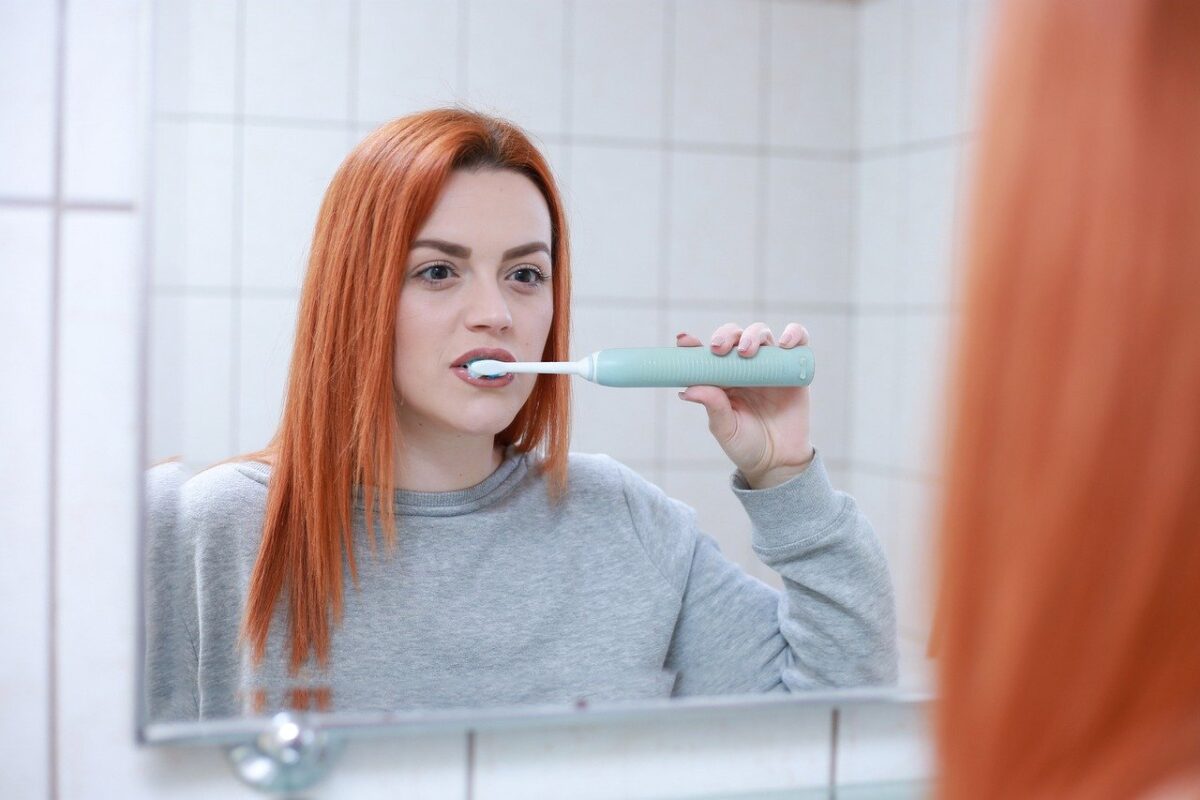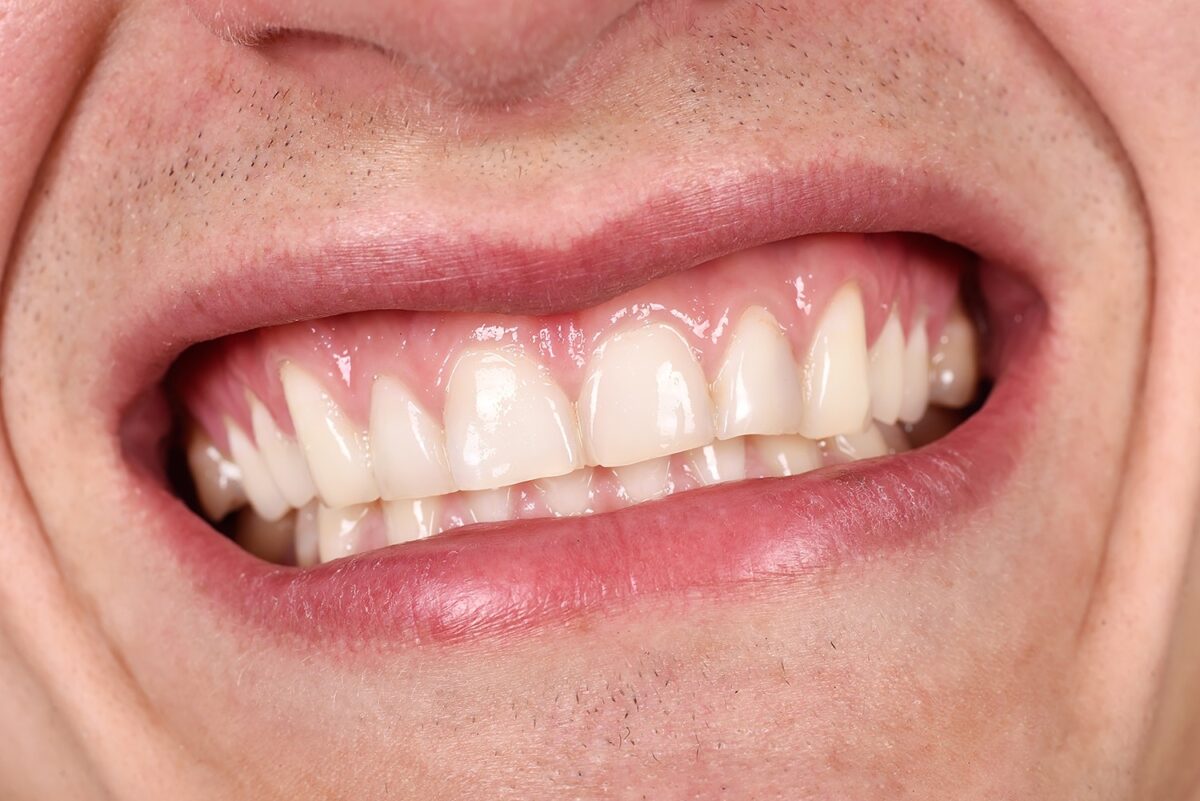Such visits to your dentist, spaced every six months, will not only help everything to go well but also to identify problems of tooth decay, gum disease, or even oral cancer as early as possible. More often than not, however, these appointments are overlooked, either due to a busy schedule or a mere lack of awareness regarding their importance. This kind of neglect might lead to serious oral health issues in the long run. Here’s an in-depth look at what can happen if you skip regular dental checkups.
Immediate Consequences: Within 6 Months
Development of Cavities
While cavities can occur in as short a time as six months, proper oral hygiene can prevent this from happening. This is because tooth decay initiates plaque accumulation, a process that releases acids to wear away the tooth enamel. During routine dental visits, these kinds of telltale signs of decay are spotted and addressed before they have a chance to turn into cavities, which would progressively get worse and lead to more serious treatment.
Early Detection of Oral Cancer
This is also good for checking on the onset of oral cancer, which could be life-saving while teeth cleaning is being done. Smokers and heavy drinkers are prone to this disease and should visit their dentists more frequently, every 5-6 months.
Consequences After 1 Year
Gum Disease
Missing one year of dental visits increases a person’s risk of getting gum disease by a factor of two. Gums will feel tender or red, be swollen, and perhaps even bleed at an early stage of the process. If not treated, gum disease will progress to a more serious form of gum disease called periodontitis, which can cause the teeth to fall out and is very painful.
Plaque and Tartar Buildup
Plaque that is not removed through routine brushing and flossing becomes tartar. Tartar is a hardened form of plaque stuck to the teeth, which only a dentist can remove. Tartar buildup encourages the formation of diseases of the gums and cavities. Regular dental cleanings prevent the accumulation of tartar and thus avoid these problems.
Consequences After 2 Years
Advanced Tooth Decay
What started as a cavity in baby teeth within the first six months, if left untreated, can advance exponentially in two years. It can reach a certain level as to when the dentist needs to perform a root canal. Root canals are way more invasive and painful than getting a simple filling and are done over a few visits typically.
Failed Dental Implants
Missing appointments translates to a failed implant for anyone who has gone through the procedure of dental implants. A dentist’s regular monitoring can be the security of health and proper functioning of such an implant. Without professional care, implant problems can easily not be noticed but reach bad stages.
Higher Possibilities of Developing Systemic Health Issues
Oral health is closely linked with overall health. Poor oral hygiene can give rise to different systemic diseases related to the heart, diabetes, and respiratory infections. Regular visits to the dentist help in the maintenance of oral health, which goes on to support general health.
Long-Term Consequences: Beyond 2 Years
Tooth Loss
When teeth are not given regular attention, there is a drastic increase in the risk of losing them. Teeth could fall out or be extracted due to various diseases in the gums, severe tooth decay, or infections.
Extraction of teeth will change everything about you, eating, talking, and self-esteem; therefore, anything that alters your quality of life.
Costly and Prolonged Treatments
Neglecting your teeth will therefore involve more intensive and costly treatments later. Treatments such as root canals, extractions, and dental implants are way costlier and invasive compared to regular cleanings and fillings.
The Importance of Regular Dental Checkups
Prevention and Early Detection
The primary benefit of regular dental visits is prevention. Dentists can identify and address issues before they become serious. Early detection of problems like cavities, gum disease, and oral cancer can save you from more invasive and expensive treatments.
Professional Cleaning
Even with diligent brushing and flossing, there are areas in the mouth that are hard to clean. Professional cleanings remove plaque and tartar that regular brushing cannot, preventing cavities and gum disease.
Personalized Oral Health Advice
During dental visits, dentists provide personalized advice on maintaining good oral hygiene. This includes tips on brushing and flossing techniques, dietary recommendations, and suggestions for oral care products.
Overcoming Barriers to Regular Dental Visits
Busy Schedules
One of the most common explanations people give for not visiting a dentist is busy schedules. Still, the long-run benefits associated with regular dental care far outweigh any temporary inconvenience that stems from taking time off to visit a dentist. Making an appointment several months in advance and setting reminders can help ensure you get all your appointments.
Fear of the Dentist
Dental anxiety is common, but there are so many ways that modern dentistry can help patients relax. Talking through your fears with your dentist may bring you sedation dentistry or other techniques to overcome anxiety.
Concerns about the Cost
This can be expensive for some people to visit the dentist. But more often than not, preventive care is less expensive than treating major dental problems. Many dental offices have payment plans available, and sometimes dental insurance will offset the cost of a visit.
Conclusion
Infrequent visits to the dentist can prove very harmful to your oral and overall health. These range from the development of cavities or gum disease to oral cancer and, worst of all, loss of teeth—all things that could have been easily avoided. With regular checkups, early detection and prevention will save you unnecessary pain, after-treatment procedures, and higher costs in the long run. Prioritize your dental health by scheduling and attending regular dental appointments.
Make an appointment today to learn which of our treatments would be best for you, and be proactive in maintaining your oral health. Your smile is worth it!

